700 words | 4 min read
My favorite coffee shop no longer exists.
Oh please, you say. Spare me your white woman tears and go buy a Stanley.
But let me tell you about the epicenter of my young adult life, when coffee and cigarettes were the gold standard of an artist’s breakfast.
Java Joe’s was a coffee house shelved in a row of brick buildings in downtown Des Moines. The interior was long, with high ceilings and few windows. The golden-red submarine of bricks stretched back to a stage inhabited by poets or musicians. The furniture was solid, shabby, and mismatched. The walls were covered with local art, and the orchestrated chaos of the whole was reassuring. Here was where culture could grow, where you could sit as long as you liked and watch the world discover itself.
They roasted their own beans—the oversized phonograph greeted you at the entry. It was flanked by burlap sacks labeled with destinations equal parts threat and invitation: Guatemala, Uganda, Bolivia, Peru. A pale man in black watched the roasting with philosophical detachment, scrying the truth of existence in the crackling symphony of fire.

Wild hair must’ve been a requirement of the job. Unless they were bald, the baristas had acid green, blue, and pink strands. They also had enough piercings and ink to exclude them from most daytime professions in Iowa, especially then, in the early 2000’s. If you didn’t know what you wanted to drink, they’d steer you to the right roast with the gruff confidence of a ship’s captain, albeit one wearing skinny jeans with ruined knees.
A man with wiry hair ran between the office and counter with swift, tennis-court steps. He took orders and dispatched espresso to armies of people with easy grace—grinding, tamping, tapping the grounds in staccato bursts. He never wore a sweatband on his head, but I imagined one there, anyway.
Nothing was ever spotless: dust lurked in every corner, on every surface and fake plant. But the coffee was absurdly good, the soup divine, and everything was cheap.
I moan to think of the prices. A dollar for a cup of coffee; just four quarters for the thick, black nectar of the mountain gods. Refills? Sixty cents. And after you left, the resinous smell of the coffee lived in your clothes like a lover’s perfume.
Then one day, everything changed. The sassy Italian owner sold the business to a respectable Ankeny family. Unless you’re from Iowa, the name “Ankeny” won’t mean much to you, but let’s just say if there was an Iowa in Iowa, it’d be Ankeny.

Away went the dust and the aged punks, away went the flavor and magic. Clean-faced corn-fed kids sprouted up behind the counter. When pressed for a recommendation, they confessed to never drinking coffee.
Away went the music and the poetry slams. New lightbulbs quadrupled the wattage and existential dread. The coffee house became tidy, well-organized. No more graffiti in the bathrooms or hand-made posters taped to the walls. Individually-wrapped bagels breathed their last in humid plastic bags.
Blonde women appeared with Buckle jeans and Coach purses, dragging exhausted children with cauliflower ear in their wake. Their men wore Carhartt like vestiments.
Away went the jazz, the motorcycles parked on the sidewalk, and the kindly AA groups smoking cigs and talking about Bob. Away went the little neon city of my heart.
The change felt like losing a friend to a cult. Iowa has a curious way of flattening culture, because its history is built on conformity. Difference endangers the other settlers. You can’t make it through the winter if you’re a poet who doesn’t know how to change a wheel or grow crops. You won’t survive without the collective.
Is the climate of Iowa intolerant of difference, of the strange fruit growing between the rows of cultivated normalcy? I’m no longer a native, so I couldn’t say. I only know what the wind tells me, and lately it carries the sour smell of burned books and donkey dung. It’s never been easy to be America’s middle ground.
I’ll always love you, Java Joe’s. Thanks for the memories.
☼
Featured Image: Coffee Shop at the Chicago Art Institute by Ken Price, via Chicago Art Institute.
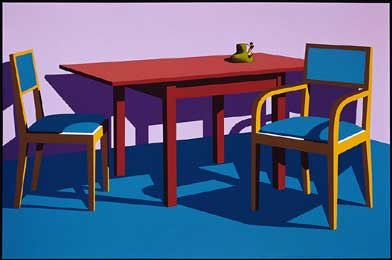

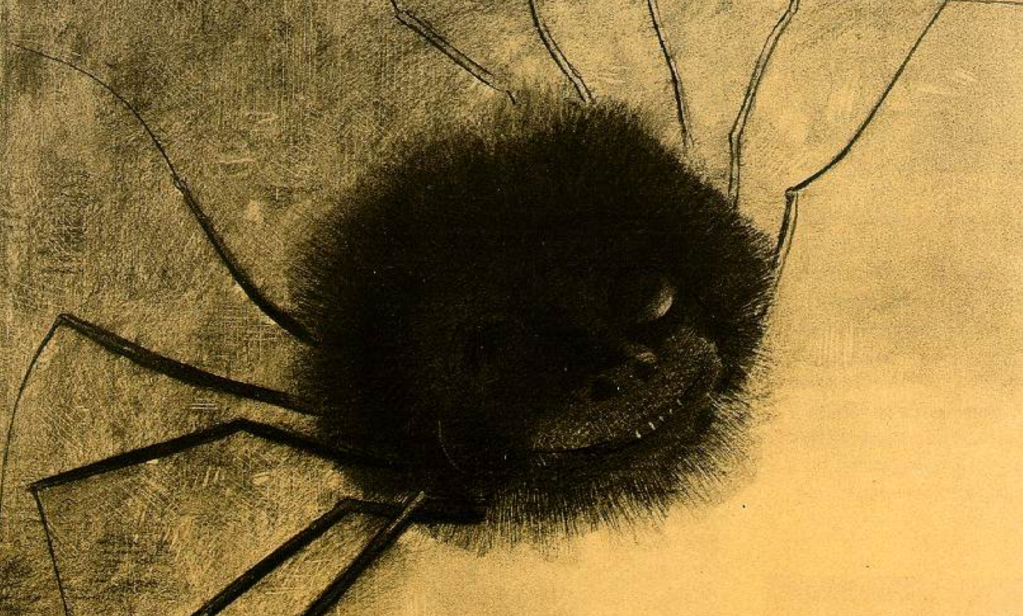
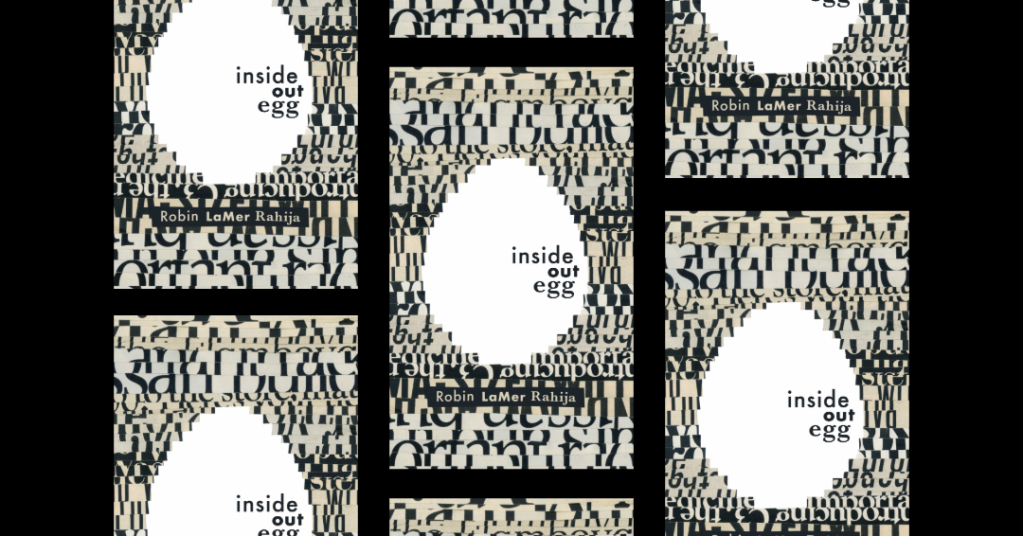
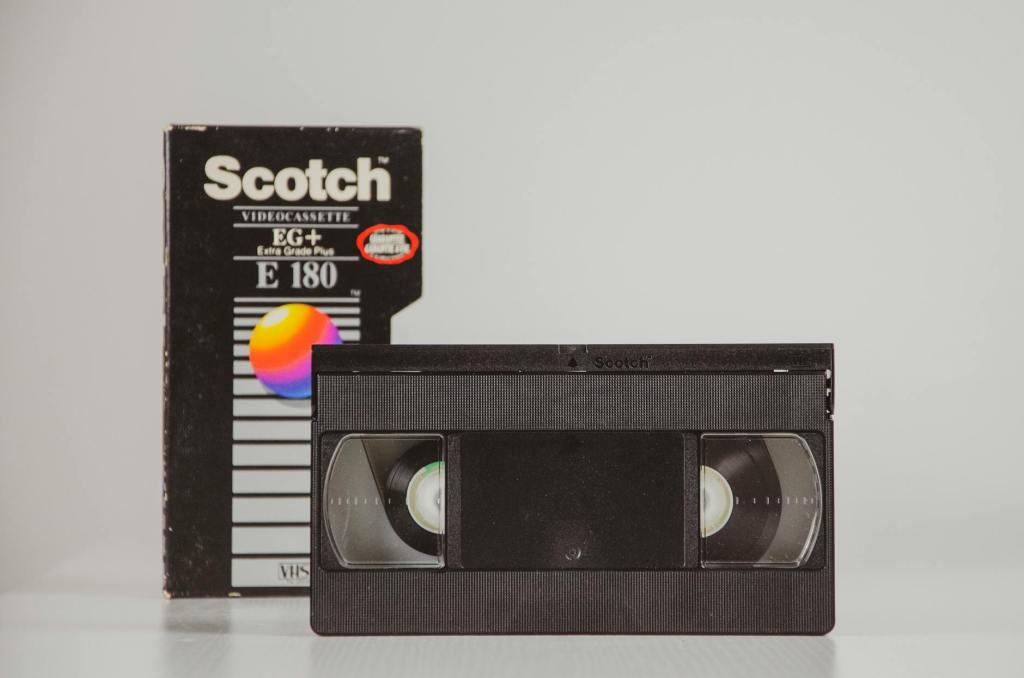
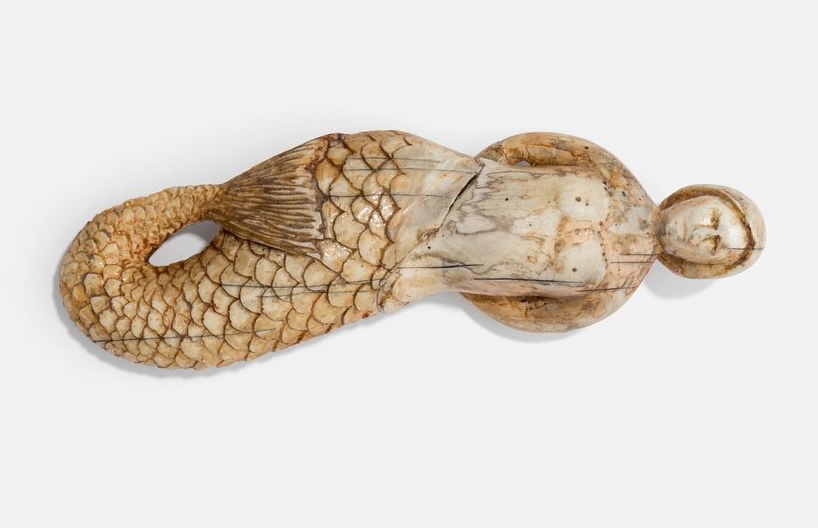
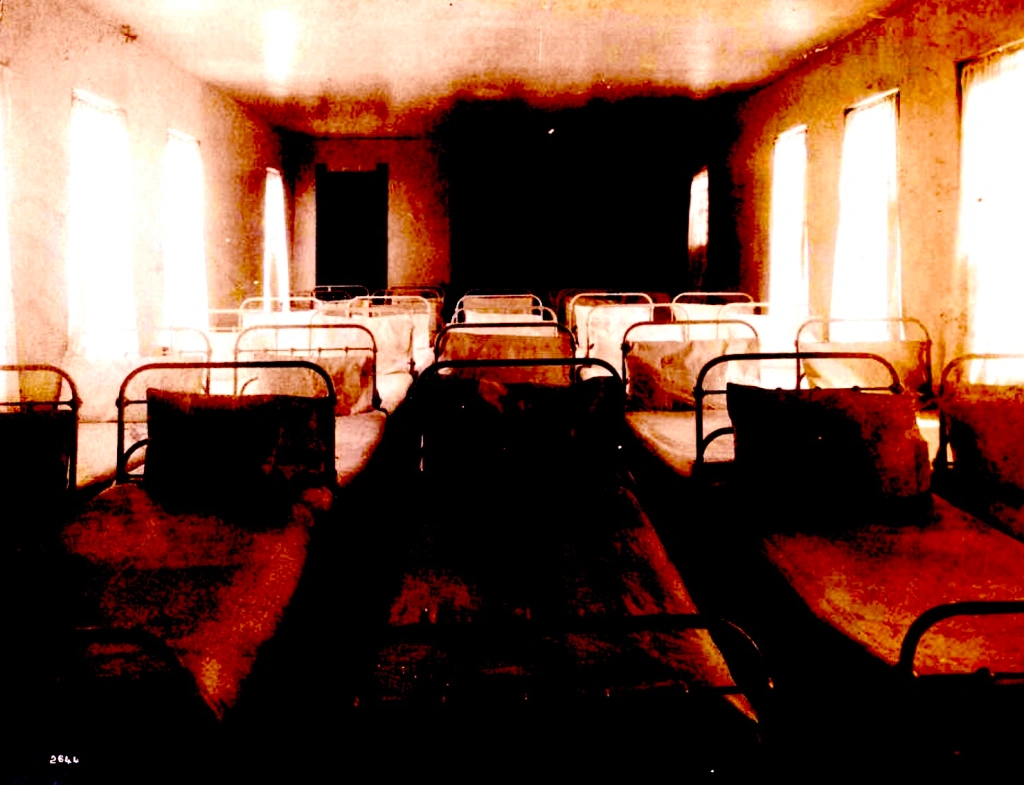
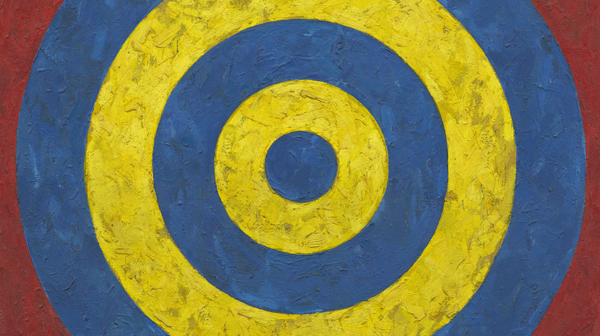
Leave a comment